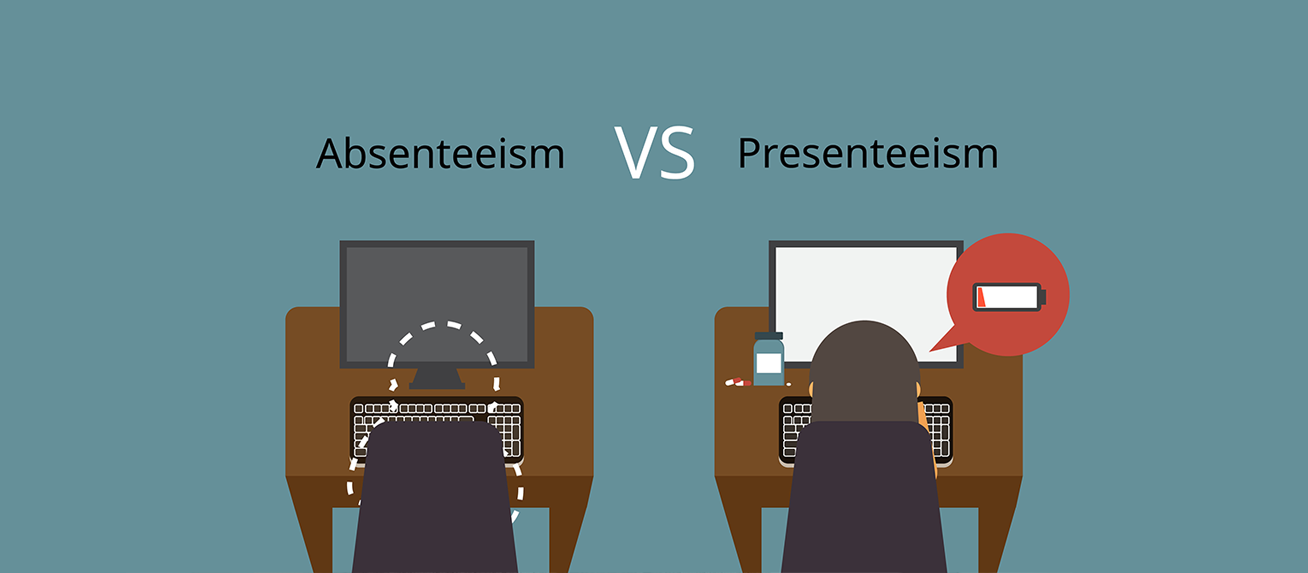Wellness tip: Embracing Connection: Why Being Social in Winter Boosts Wellbeing
Winter can tempt us into hibernation mode, less sunshine, colder days, and the pull to stay indoors.
1 min read
 Sample HubSpot User
April 15, 2025
Sample HubSpot User
April 15, 2025

In the rush of daily life, it’s easy to get caught up in stress and negativity.
Actively fostering positive emotions can improve your mood, boost resilience, and even enhance your overall well-being.
The key? Small, intentional shifts in your mindset and habits.
Start with Gratitude
Taking just a moment each day to appreciate what’s going well can shift your focus away from stress. Whether it’s a kind gesture, a beautiful sunset, or a small win at work, recognising the good trains your brain to notice more of it.
Engage in Activities That Spark Joy
Doing things that make you genuinely happy—like listening to music, exercising, or spending time with loved ones—naturally lifts your mood. Even a few minutes of laughter can rewire your brain for positivity.
Surround Yourself with Positivity
Emotions are contagious. Seek out uplifting people, consume inspiring content, and engage in conversations that leave you feeling motivated and supported.
Positive emotions don’t just feel good, they fuel creativity, strengthen relationships, and improve decision-making. By making small, consistent efforts to nurture them, you can cultivate a happier, more balanced life with no drastic changes required.

Winter can tempt us into hibernation mode, less sunshine, colder days, and the pull to stay indoors.

Presenteeism is showing up at work despite being physically unwell, mentally exhausted, or emotionally burnt out.

Breaking the cycle of conflict requires intention and three core skills: reflective listening, self-awareness, and assertive communication.